For nearly 10 years, the UNC Center for Excellence in Community Mental Health has supported North Carolinians recovering from mental illness. Dr. John Gilmore founded the Center in 2009 in response to challenges created by the privatization of the state’s public mental health system, which was becoming increasingly challenging to navigate. Dr. Gilmore sought to expand community-level mental health services for those with complex psychiatric needs and be an honest broker for good information about mental health in North Carolina.
The Center’s work began with a small community clinic in Carrboro offering community-based programs that proactively reached out to community members facing serious mental illness or severe depression. Over time the Center, still based in Carrboro, has developed a robust program of work that includes Assertive Community Treatment (ACT) programs, training of practitioners, cutting-edge research and community education. Dr. Austin Hall joined the Center four years ago as the Medical Director of the Center Clinics and Programs. For Dr. Hall, it is the comprehensive and tailored services that the Center offers that makes it such an important resource to the State of North Carolina—the Center combines medical psychiatric care with employment support, case management and primary care. It is this integrated support that can help patients take control of their lives after a psychotic break or other debilitating mental health event.
Integrated support does not always take the form of traditional medical treatment, though. The Center’s patients can visit its Farm at Penny Lane to participate in horticultural therapy, a farmer-led gardening group, yoga, cooking classes and community farm workdays.

Patients who might benefit from an emotional support dog can turn to UNC PAWS, which facilitates ownership of a trained therapy dog. And the Center’s Brushes with Life program offers patients a creative outlet as they move toward recovery. The programs developed in this integrated support model are shared across the state through the Center’s Institute for Best Practices, which provides technical assistance to mental health providers across North Carolina. Programs like Brushes with Life and the Farm at Penny Lane are critical in helping patients get better and stay better. However, these programs are not supported by traditional funding mechanisms. Dr. Gilmore notes that it is the Center’s most innovative programs that have been possible only through generous donations and support.
As North Carolina works to reconstruct its mental health system, Dr. Gilmore sees significant potential for improving the system to better serve those with mental illness. Dr. Hall adds that the Center is uniquely poised to support this reconstruction by helping communities across the state use a holistic, community-based approach to support those with mental illness. Understanding and supporting the work of the Center has special meaning as we enter the holiday season—a time when those with mental illness and their family members may be in particular need of support and treatments like those offered by the Center.
A father’s reflection…

When my son was diagnosed with mental illness 12 years ago at the age of 24, I felt confused and angry. A sense of helplessness overcame me. I did not know what to do or where to seek help for his illness.
In a given year, one in four Americans suffers from a mental illness – that equates to 70 million Americans. It is a cruel disease. It affects relationships with your family members and close friends. Unfortunately, there is a huge stigma associated with the illness. People do not understand it and are afraid to talk about it.
My son is lucky. He was able to get his care from UNC early, which helped him with recovery. He now has a wife, a job and a beautiful 3-year-old daughter. I am thankful for the continued care he gets from UNC’s Psychiatric team.
If you or somebody you know suffers from mental health challenges:
- Get treatment and help. There are a number of resources at UNC – call and connect.
- Recovery is possible.
- Seek a family support group. Involve your family with the treatment plan.
- Ask your medical team for an evidenced-based recovery strategy. Ask questions and get a second opinion from experts.
As a parent, I continue to advocate for my son and clients affected with mental illness. Staying quiet is not an option.
– Ed Binanay, Director of Development for the Center for Excellence in Community Mental Health and Psychiatry
